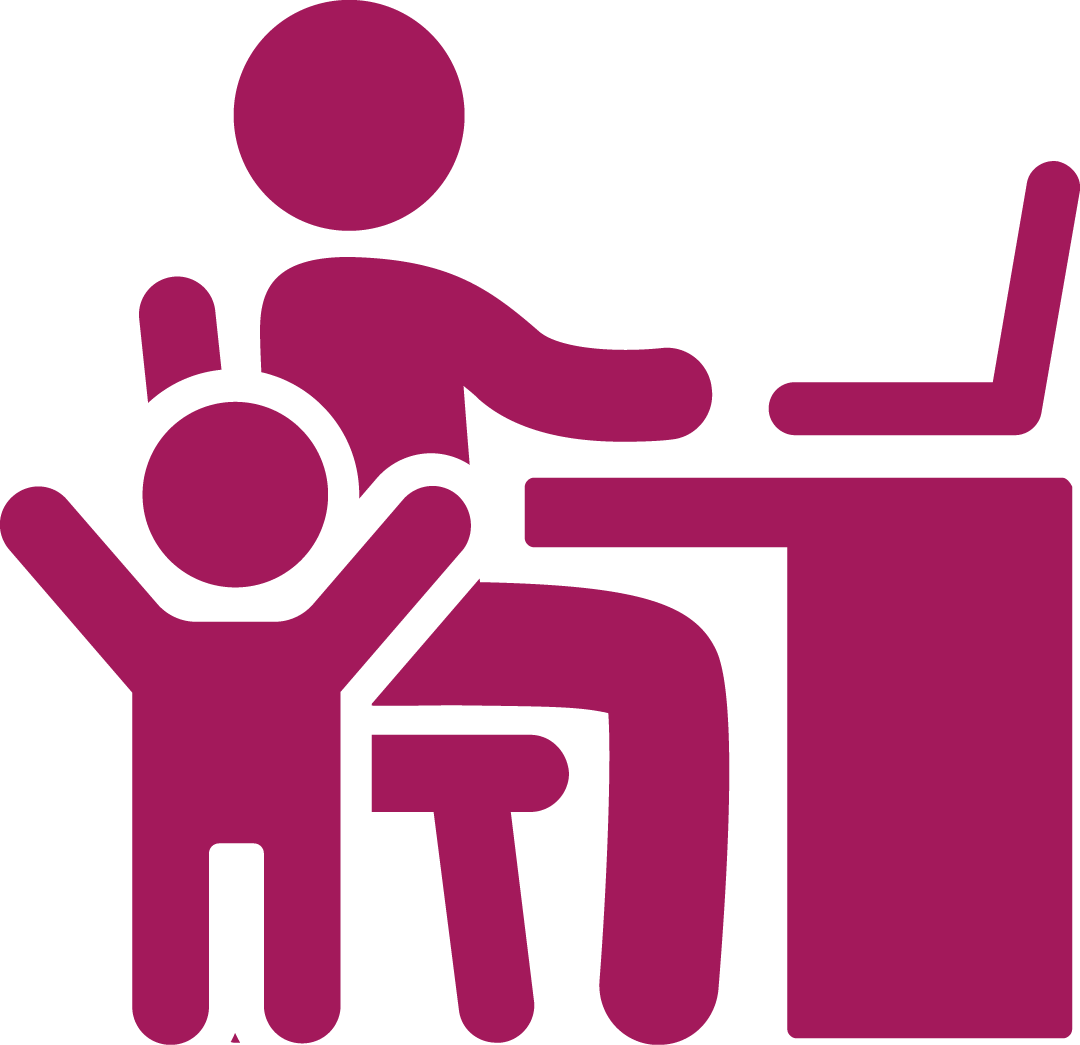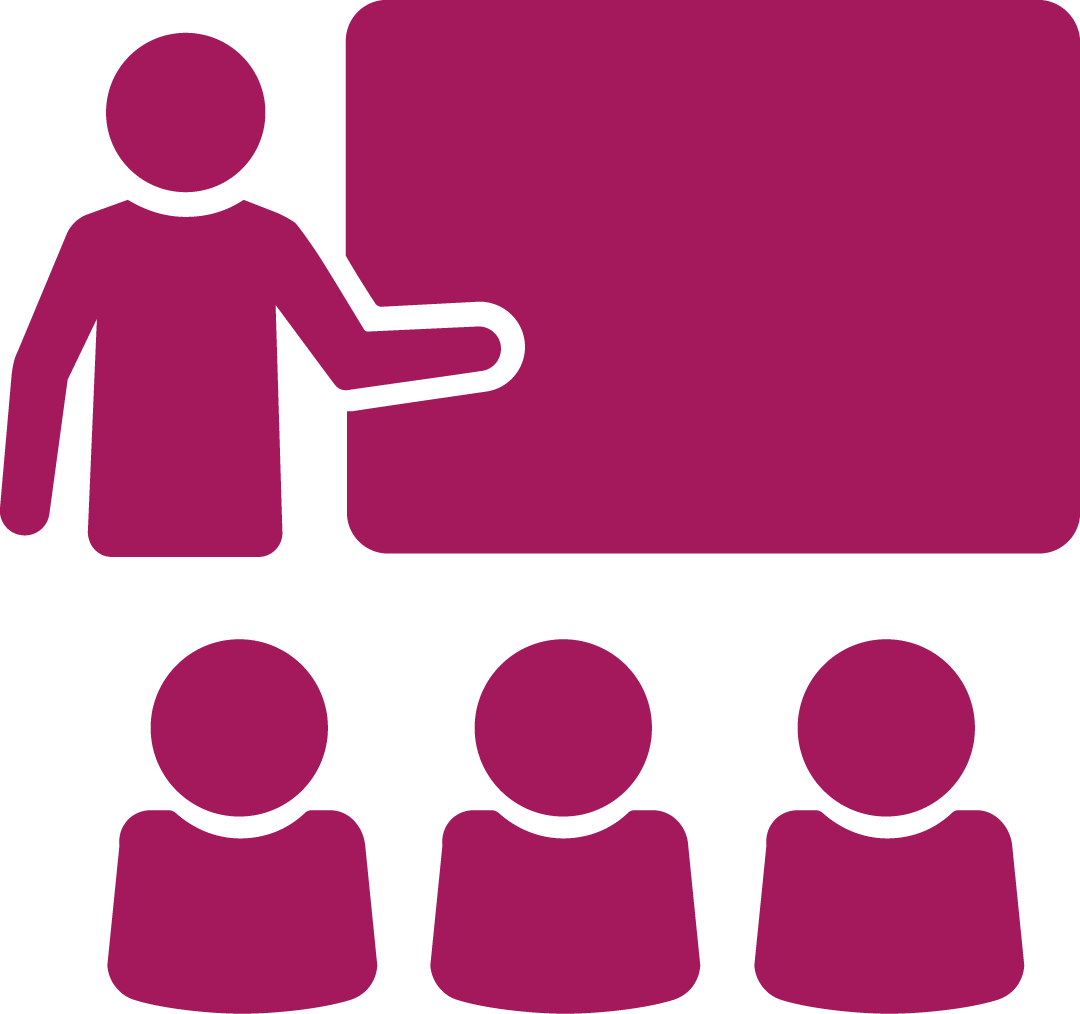If you’re looking to boost your financial situation (and aren’t we all?), another thing to think about is how you can increase your current income. This could be through paid employment, or by making extra money aside from your job.
Are you getting paid what you should?
National minimum and living wage
If you already have a job, one thing to check is whether you’re being paid enough. By law your employer must pay you the national minimum wage (if you’re under 23) or national living wage (if you’re 23 or over). You can find out how much the national minimum and living wage and what to do if you’re not getting what you should be getting on the ACAS website.
Discrimination
If you think your employer may be discriminating against you by paying you less than other people you work with, you can raise this with them. You can find out more about how to do this on the ACAS website.
Getting a new job
In some cases you may decide to look for another job that pays better, or that allows you to be more flexible to reduce other costs, like childcare. Our page on help looking for work has lots of advice if you’re in this situation.
Ways to make extra money
If you already feel like there aren’t enough hours in the day to get everything done, the thought of taking on anything else may seem impossible. But there are some things you can do to earn a bit of extra cash that may take a little bit of time but won’t tie you into any new commitments.
Tip #1: Sell things online
Tripping over toys the kids no longer play with? Wardrobe full of clothes you no longer wear? Been given a gift you secretly don’t like? Shelves groaning with CDs and DVDs you never use? All these things could earn you money if you sell them. Here are some suggestions:
- There are lots of online marketplace websites you can try, including eBay, Gumtree, Pre-loved and Facebook Marketplace.
- You can sell things straight from your mobile with apps like Shpock, Vinted and Versatile Collective.
- Stores like WeBuyBooks, CEX and Music Magpie will buy up your used CDs and DVDs.
- If you’ve a bit more time, you could even try your hand selling at a local car boot sale or ‘nearly new’ market.
Tip #2: Trade in your mobile
That old phone lying in a drawer can also earn you extra cash. And selling it is by far the most eco-friendly solution, as mobiles are full of substances which harm the environment if they’re chucked into landfill. This guide from Money Saving Expert shows you how to get the best price for your old phone.
Tip #3: Sell 'tech leftovers'
Even old phone boxes, cables, remote controls, games console controls and other tech leftovers have value – take a look on places like ebay, Gumtree and Facebook Marketplace to see what yours could be worth.
Tip #4: Make money online
There are lots of ways to make a bit of extra cash online doing all sorts of things from filling in surveys to watching videos to carrying out searches. You can find out more about this on the Money Saving Expert website, although bear in mind that a lot of these activities are pretty time consuming (and can be quite dull) and you won’t earn much at first. However, this kind of work is totally flexible and can be done from anywhere, so it’s worth exploring anything that interests you.
If you need to borrow money
If you need to borrow money, make sure you go to a lender offering affordable credit, like a credit union or . Community Development Finance Institutions (CDFIs).
Credit unions
A credit union is a place where you can save your money and get loans at competitive rates. They’re not-for-profit, so any money they make goes back to the people who use them via their rates and dividends. Unlike most banks, credit unions are owned and controlled by the people that use their services, and they exist only to serve their customers. They also take into account your own personal financial situation, provide a friendly service, and are based in communities around Scotland.
You can find a credit union near you here, or explore your options with an adviser from the Money Talk Team.
Community Development Finance Institutions
Community Development Finance Institutions (CDFIs) are affordable credit providers. They lend to people who cannot access a loan from a mainstream provider like a bank. In doing so they offer an alternative to high-cost lending and provide many low income households with a financial safety net to fall back on when they need to cover costs, such as an unexpected washing machine breakdown.
Some CDFIs also offer their customers wrap-around services, including advice on opening a bank account, debt advice and help in applying for benefits. To find out more about CDFIs operating in Scotland please visit findingfinance.org.uk.
Are you getting the child maintenance you're entitled to?
It’s also worth checking you’re getting all the child maintenance you’re entitled to. Child maintenance is money to help pay for a child's everyday living costs. It’s paid when one of the parents does not live with the child. If you’re not getting all the child maintenance you should be, there are steps you can take – you can find out more about this on the Citizens Advice Scotland website.
 Activities & Play
Activities & Play Behaviour
Behaviour Childcare
Childcare Development & Growing Up
Development & Growing Up Family, Friends & Relationships
Family, Friends & Relationships Feeding Your Baby
Feeding Your Baby Food & Eating
Food & Eating Health & Safety
Health & Safety Mental Health & Wellbeing
Mental Health & Wellbeing Money & Work
Money & Work Online Behaviour & Safety
Online Behaviour & Safety Pregnancy & First Days
Pregnancy & First Days School & Education
School & Education Sleep
Sleep












 Childcare
Childcare
 School & Education
School & Education